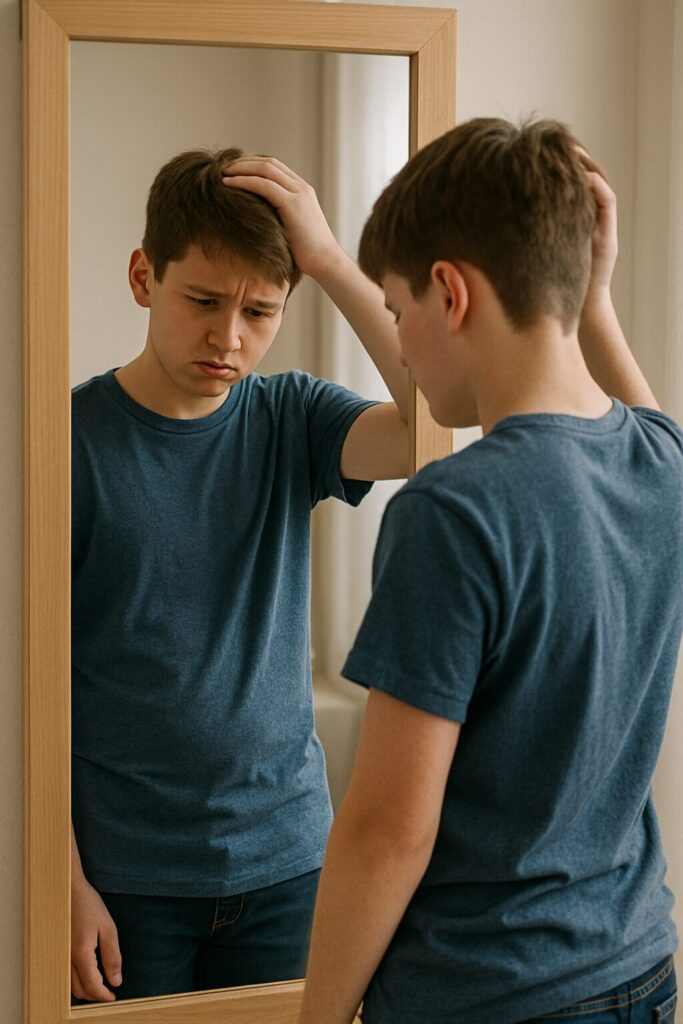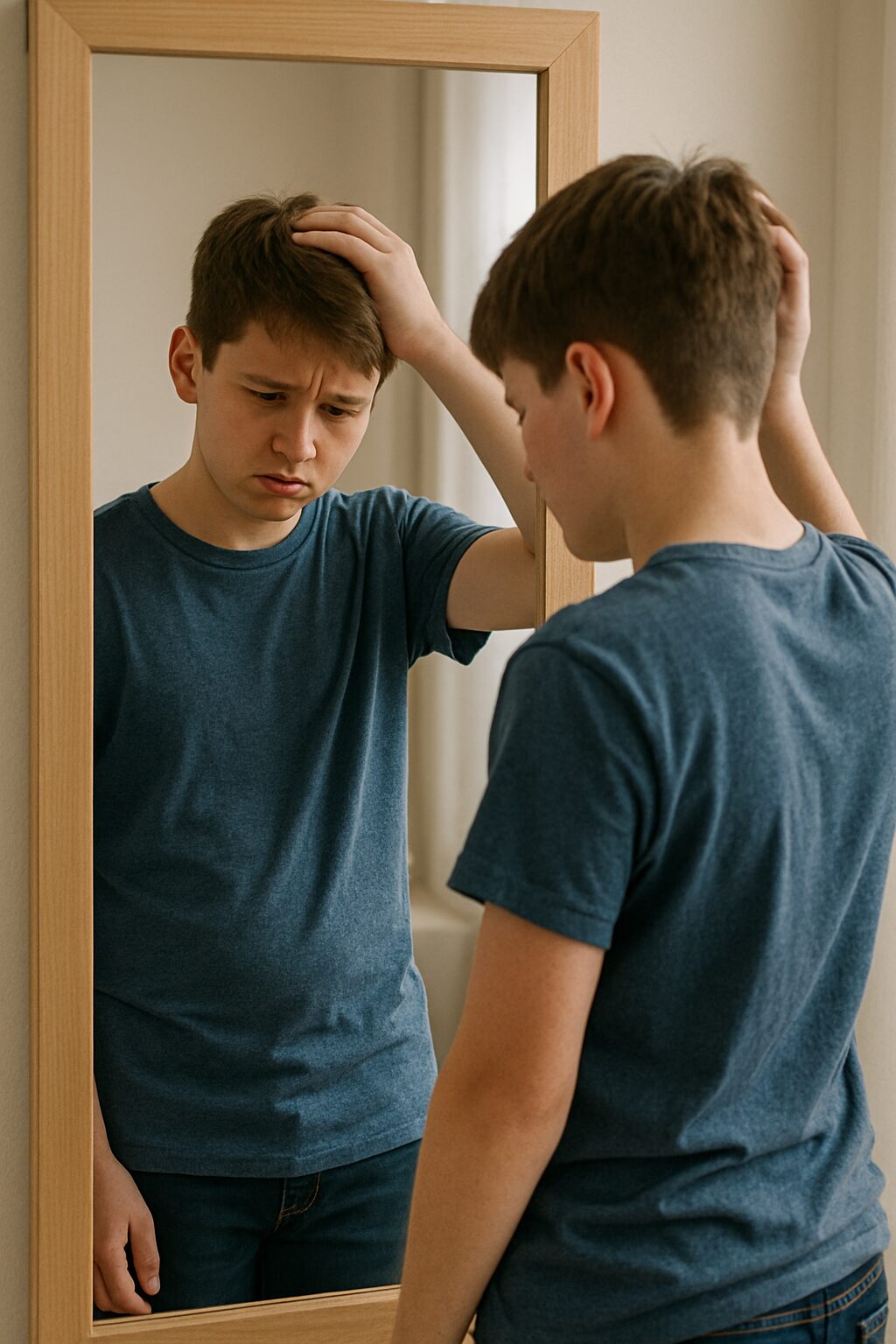Many people, especially teenagers and young adults, compare their body shape with peers. While comparison is natural, constant evaluation of appearance can lead to stress, low self-esteem, and distorted body image. Studies suggest that focusing on self-acceptance and building healthier habits may help reduce the negative impact of body comparison. Recognizing the triggers and practicing coping strategies are essential for long-term well-being.

1. Understand the Root Causes
Body image stress is often linked not only to personal dissatisfaction but also to peer influence and media exposure. Repeatedly viewing “ideal” body images online or comparing with classmates can create unrealistic standards. Becoming aware of these external pressures may help reduce their influence and encourage a healthier self-view.
2. Break the Cycle of Comparison
Constant comparison may increase feelings of inadequacy. Instead of focusing on how one’s body differs from others, it can be more helpful to appreciate unique strengths and qualities. Small shifts in perspective may gradually reduce negative thoughts and promote acceptance of one’s own body.
3. Build Positive Body Image
Research shows that developing a positive body image can improve both mental and physical health. This does not mean forcing yourself to “love” every part of your body, but rather recognizing its functions and value. For example, focusing on how exercise may improve energy or mobility can shift attention from appearance to capability.
4. Adopt Health-Oriented Habits
Health professionals recommend focusing on habits that support overall well-being rather than achieving a specific body type. Balanced meals, regular activity, and adequate rest can help maintain health without extreme dieting or excessive workouts. Remembering that genetics play a role in body shape may also ease the pressure to conform to unrealistic standards.
5. Seek Support and Share Feelings
When body image stress affects daily life, seeking help from a counselor or support group can be beneficial. Talking openly with trusted friends or family may provide reassurance and reduce feelings of isolation. Recognizing that many others face similar struggles can make it easier to cope with personal challenges.
6. Review Media Habits
Social media often highlights edited or unrealistic images, reinforcing harmful comparisons. Limiting screen time or choosing content that represents diverse body types may help build a healthier mindset. Creating a positive media environment can be an effective step in reducing stress.
🍀
Peer comparison is a common experience, but when it leads to body image stress, it can impact self-esteem and mental health. Understanding the causes, breaking comparison habits, building positive body image, and seeking support may reduce the negative effects. Small, consistent actions toward self-care can help foster confidence and long-term well-being.
References and Additional Resources
World Health Organization (WHO) Mental Health Guidelines
American Psychological Association (APA) Body Image Resources
National Institute of Mental Health (NIMH) Publications
Centers for Disease Control and Prevention (CDC) Adolescent Health Data
※ This article provides general health information and may not apply to every individual. For ongoing stress or mental health concerns, consulting a professional is recommended.
